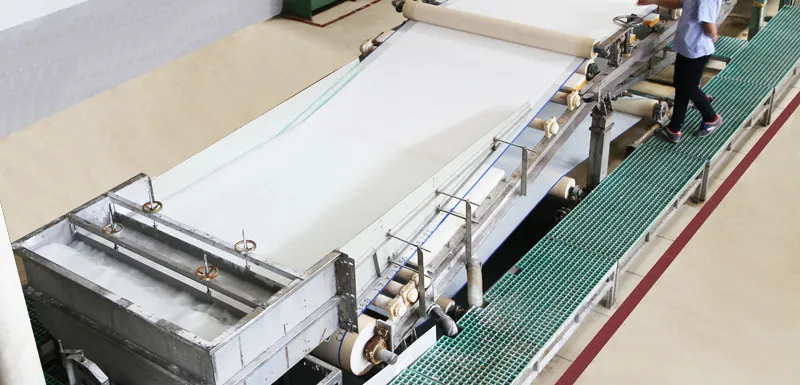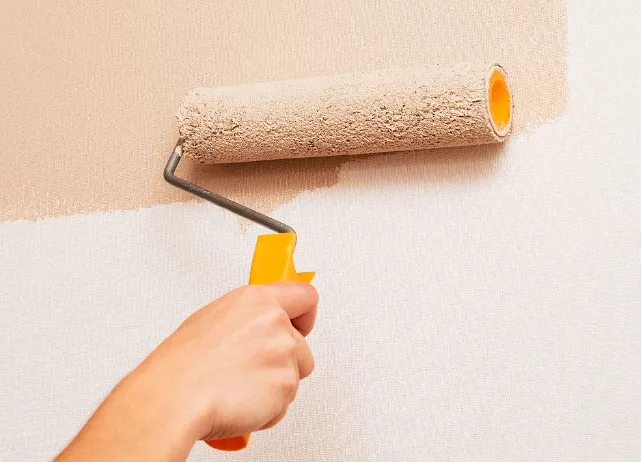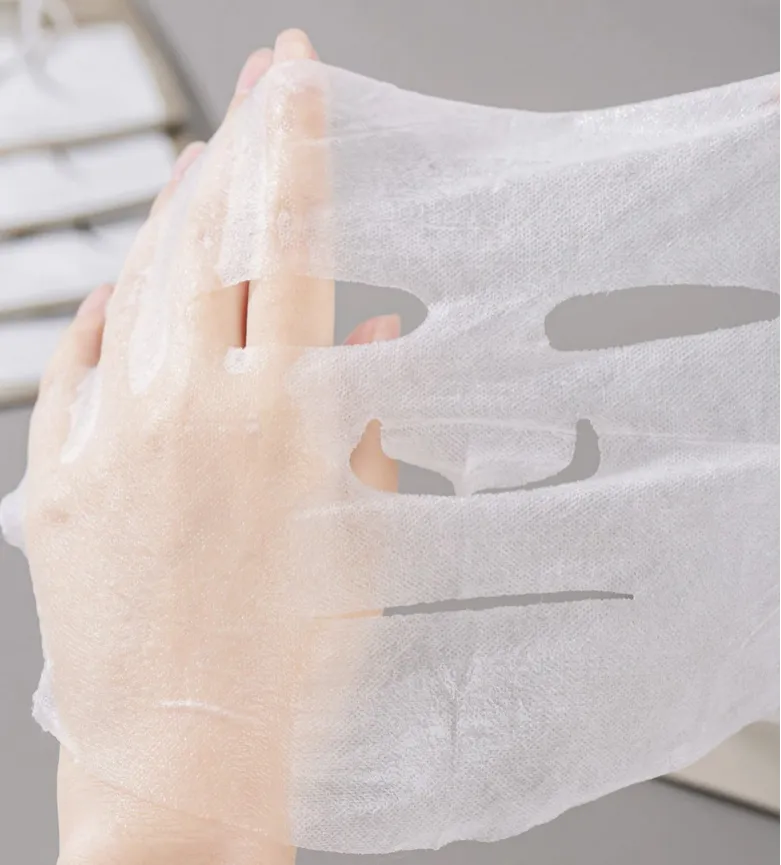
Exploring the Versatile Applications of Polyvinyl Alcohol and Polypropylene Fiber
Polyvinyl alcohol (PVA) is a water-soluble, biodegradable synthetic polymer known for its excellent adhesive, film-forming, and emulsifying properties.

PVA in Industrial and Textile Applications
With growing demand across multiple industries, it's no surprise that there's increasing interest in PVA for sale from manufacturers, chemical suppliers, and global traders.
Among the diverse polyvinyl alcohol uses, one of the most notable is in the textile industry. Polyvinyl alcohol uses in textile include warp sizing, where it coats yarn to reduce breakage during weaving. It provides smoothness, strength, and flexibility to fibers, especially in high-speed looms, improving efficiency and reducing waste. PVA is also easily washable after weaving, leaving behind a clean, finished fabric.
Beyond textiles, another major application lies in reinforcement materials. Polypropylene fiber is often used in construction, but when paired with PVA, it offers enhanced tensile strength and flexibility to composites. For example, concrete treated with both polypropylene fibers and PVA results in crack-resistant, durable surfaces ideal for infrastructure and flooring.

PVA in Paint, Packaging, and Personal Use
In the coatings industry, one lesser-known but highly impactful aspect is the function of PVA in paint production. PVA serves as a binder and film-former in water-based paints. It helps pigment particles adhere to surfaces evenly, improves paint stability, and contributes to a smooth, uniform finish. Additionally, its low toxicity and ease of blending with other additives make it suitable for both indoor and outdoor applications.
For packaging and consumer goods, the PVA film manufacturing process is vital. PVA films are used to produce biodegradable packaging for detergents, agricultural chemicals, and even medical items. These films are made through extrusion or casting techniques that take advantage of PVA’s excellent film-forming ability and solubility in water. The resulting product is strong, flexible, and eco-friendly—aligning with global trends toward sustainable materials.
There is increasing interest in the safety profile of PVA in consumer-facing products. One frequently asked question is: Is polyvinyl alcohol safe for skin? The answer is yes—PVA is considered non-toxic and hypoallergenic. It is commonly used in facial masks, wound dressings, and cosmetics as a binder or film former. Its safety and compatibility with skin make it suitable for temporary contact applications, although it's not typically absorbed through the skin.
In terms of material grades, PVA 2088 Und PVA 1788 are two widely used types. PVA 2088 has excellent water solubility and bonding properties, making it ideal for adhesives, construction, and textile sizing. Meanwhile, PVA 1788 offers better viscosity control and is often chosen for applications requiring smooth film formation, like paper coatings and packaging films.

FAQs About PVA and Polypropylene Fiber Applications
1. Where can I find reliable PVA for sale?
You can source PVA for sale from chemical distributors, construction supply companies, and international B2B platforms. Look for reputable suppliers who offer certifications and grade-specific products such as PVA 2088 Und PVA 1788 for different applications.
2. What is the role of polypropylene fiber in construction?
Polypropylene fiber is used to reinforce concrete and plaster, reducing cracking and improving mechanical strength. When combined with PVA, it enhances durability, making it ideal for infrastructure, flooring, and wall rendering.
3. What are the main polyvinyl alcohol uses in textile?
Polyvinyl alcohol uses in textile include warp sizing, fabric finishing, and fiber bonding. PVA increases yarn strength, reduces friction during weaving, and washes out easily post-production, leaving no residue.
4. What is the function of PVA in paint production?
The function of PVA in paint production includes acting as a binder and film former in water-based paints. It improves color dispersion, adhesion to surfaces, and overall coating durability.
5. Is polyvinyl alcohol safe for skin, and where is it used?
Yes, polyvinyl alcohol is safe for skin in typical concentrations used in cosmetics and medical products. It’s found in peel-off facial masks, hydrogels, and wound-care films due to its film-forming and hypoallergenic properties.
-
Hydroxypropyl Starch as a Sustainable Construction AdditiveNewsNov.24,2025
-
The Gelation Properties of CMCNewsNov.21,2025
-
Redispersible Latex Powder and Water Retention CapacityNewsNov.21,2025
-
Dosage Control for Polycarboxylate Water ReducerNewsNov.21,2025
-
Film-Forming Properties of Polyvinyl AlcoholNewsNov.21,2025
-
The Function of Gypsum Additives in MortarNewsNov.21,2025





















